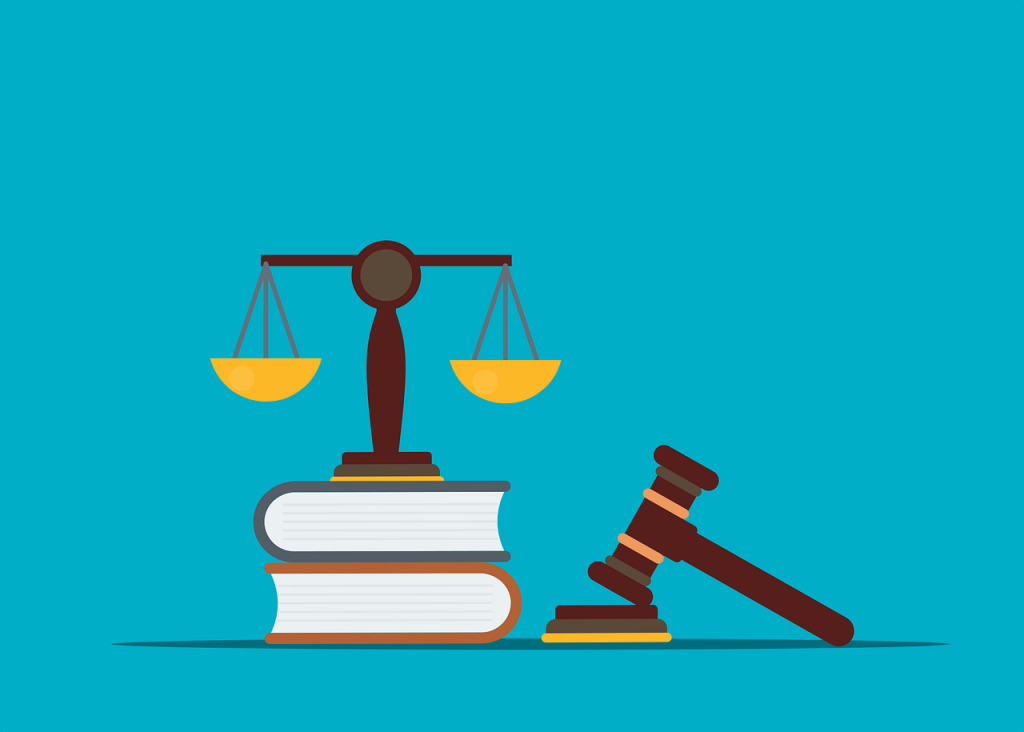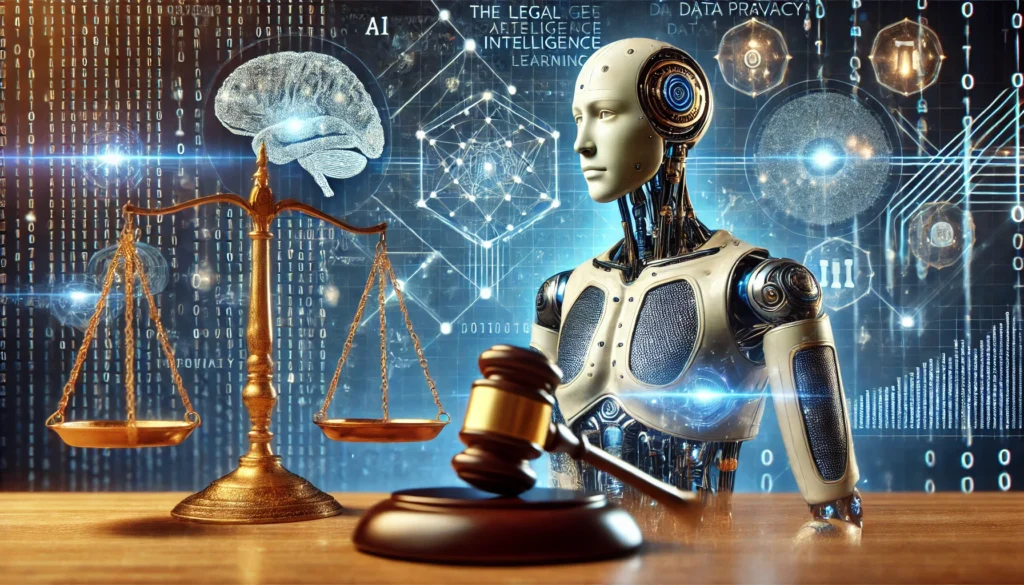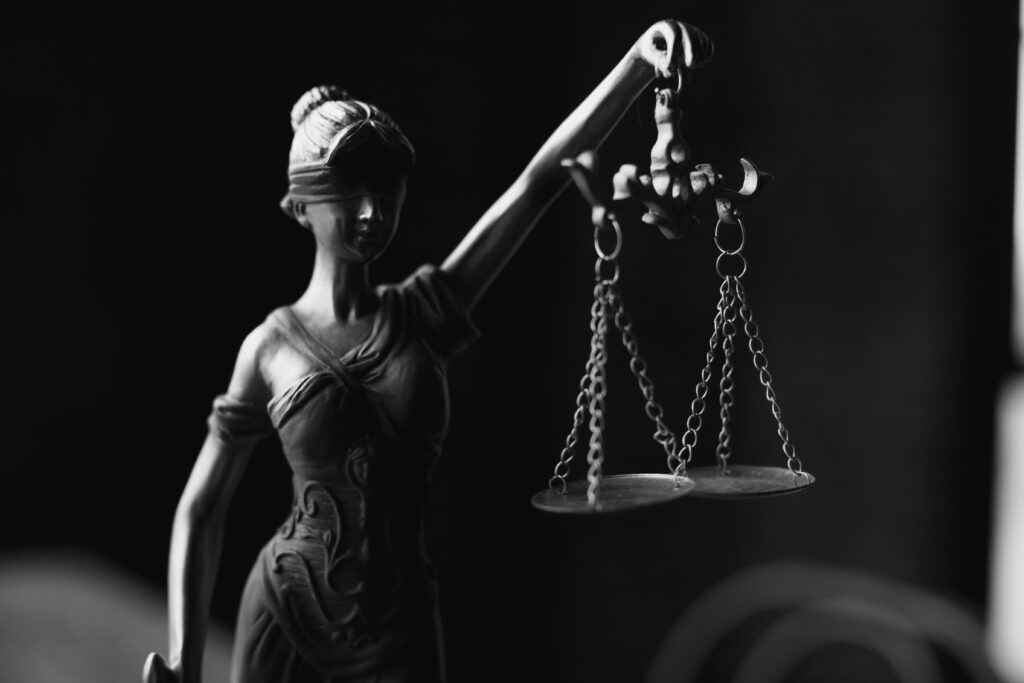Published on: 22nd October 2025
Authored by: Vibha Rana
Galgotias University
Introduction
In the modern criminal justice system, the pursuit of truth frequently intersects with questions of liberty, dignity, and constitutional boundaries. The Supreme Court’s decision in Selvi v. State of Karnataka is a milestone in this balancing act.1 The judgment addressed the legality and ethical limits of forcibly administering narco-analysis, polygraph, and brain-mapping tests on individuals during criminal investigations.2 While investigative agencies saw these tools as scientific aids to justice, the Court perceived them as unconstitutional intrusions into the cognitive autonomy of individuals.3 This case reaffirmed that constitutional rights cannot be suspended in the name of efficiency and that due process remains the cornerstone of criminal adjudication, regardless of the technological advancements in policing.4
Factual Matrix
The matter arose from a batch of writ petitions filed before multiple High Courts, later consolidated before the Supreme Court under Article 32 of the constitution.5 The petitioners, including Ms. Selvi and other individuals either subjected to or threatened with coercive testing, challenged the use of these techniques on the grounds of self-incrimination and infringement of personal liberty.6 The respondents — mainly investigating agencies — defended their use, arguing these techniques did not amount to testimonial compulsion and served as vital aids in solving complex crimes.7
The background context involved high-profile criminal cases in which these tests had been deployed, often controversially, including in instances involving terrorism and homicide.8 With little statutory guidance and increasing reliance on these methods by police and media sensationalism, the matter necessitated clear constitutional adjudication.9
Legal Issues Before the Court
The case raised critical constitutional and evidentiary questions:
- Whether involuntary administration of narco-analysis, polygraph examination, and brain electrical activation profile tests violates Article 20(3) of the Constitution (the right against self-incrimination)?10
- Whether such practices infringe upon the right to life and personal liberty guaranteed under Article 21, particularly the right to mental privacy and bodily autonomy?11 3. Whether any information or material derived from such tests is admissible as evidence under the Indian Evidence Act, 1872?12
Arguments of the Parties
Petitioners’ Submissions:
The petitioners contended that these tests extract mental content without the subject’s conscious control and therefore amount to testimonial compulsion.13 They argued that the methods involve a direct intrusion into cognitive privacy, infringing both Article 20(3) and Article 21 of the Constitution.14 Emphasis was laid on the lack of statutory regulation and the questionable scientific accuracy of these techniques.15 Further, it was asserted that coerced mental disclosures have no probative value and threaten the fairness of trial processes. 16
Respondents’ Submissions:
The State argued that these techniques, when used appropriately, function as investigative tools rather than testimonial evidence.17 It was contended that the techniques yielded leads, not conclusive proof, and therefore did not violate Article 20(3).18 Furthermore, the State asserted that the voluntary administration of these techniques should be distinguished from coerced instances, and that such procedures could enhance the efficiency of criminal investigations in serious offences.19
The Supreme Court’s Decision
A two-judge bench comprising Justice R.V. Raveendran and Justice K.S. Panicker Radhakrishnan delivered a comprehensive judgment.20 The Court decisively held that the involuntary administration of narco-analysis, polygraph tests, and BEAP constitutes an unconstitutional invasion of personal liberty and the right against self-incrimination.21
- Article 20(3) – Protection Against Self-Incrimination
The Court held that Article 20(3) not only prohibits direct verbal confessions under duress but also extends to any method of compelled testimony, including responses obtained through altered states of consciousness or without conscious volition.22 The techniques in question override the individual’s mental resistance and extract information by accessing the mind itself, which falls squarely within the realm of testimonial compulsion.23
- Article 21 – Right to Life, Liberty, and Mental Privacy
The judgment notably expanded the scope of Article 21 by recognising cognitive liberty and mental privacy as essential to human dignity.24 The Court declared that subjecting a person to these techniques without consent amounted to a serious affront to bodily integrity and psychological autonomy.25 Even when consent is obtained, the Court stressed, it must be voluntary, informed, and medically supervised.26
Admissibility Under the Indian Evidence Act
The Court also addressed the evidentiary value of the results. It held that information obtained through these techniques cannot be admitted as evidence due to the lack of volition and the high probability of unreliability, citing Sections 24 to 27 of the Indian Evidence Act, 187227. The tests could, at best, lead to further investigation but cannot substitute for admissible evidence.28
Legal Principles Evolved
- Mental privacy is an inviolable part of personal liberty under Article 21. The mind is the final frontier of privacy, and State intrusion into mental processes demands the highest level of scrutiny.29
- Testimonial compulsion includes any technique that bypasses volition, even if it does not involve verbal answers. This affirms a broad reading of Article 20(3).30 3. Consent must be meaningful and protected. The Court introduced the principle of informed consent in the context of forensic procedures, with explicit legal and medical safeguards.31
- The legitimacy of scientific methods cannot justify unconstitutional means. Investigation must operate within the boundaries of rights-based frameworks.32
Broader Impact and Significance
The Selvi judgment has far-reaching consequences for both criminal procedure and constitutional law in India. It firmly established that the State’s investigative powers cannot override individual autonomy, even when faced with terrorism or grave crimes.33
Impact on Law Enforcement
The judgment compelled police and investigative bodies, including the CBI and NIA, to abandon the practice of involuntary administration of such techniques.34 It promoted the shift toward forensic science based on physical evidence rather than intrusive psychological testing.35
Human Rights and Digital Privacy Legacy
The case is now often cited alongside K.S. Puttaswamy v. Union of India, as it prefigured the Court’s later emphasis on informational and mental privacy.36 It underscored that the mind is not a permissible zone of search and seizure — a principle crucial in today’s digital age of surveillance, AI, and neurotechnology.37
Judicial Integrity and Due Process
Importantly, Selvi reaffirmed the Indian judiciary’s commitment to substantive due process.38 The Court reminded the State that ends do not justify unconstitutional means, a principle with relevance extending far beyond this particular context.39
Critical Commentary
The judgment in Selvi v State of Karnataka has been widely lauded for its unwavering commitment to civil liberties and its doctrinal clarity in reinforcing constitutional safeguards in criminal investigations. By affirming that the involuntary administration of narco-analysis,
polygraph, and brain-mapping tests amounts to a violation of Article 20(3) of the Constitution, the Court upheld the sanctity of the right against self-incrimination.40 It further entrenched the idea that constitutional protections are not merely procedural safeguards, but substantive guarantees of individual autonomy and dignity under Article 21.41
One of the most significant contributions of Selvi is its articulation of the concept of “mental privacy”—an idea that was jurisprudentially underdeveloped prior to this decision.42 The Court rightly observed that compelling individuals to undergo techniques that bypass volitional control over thought and speech compromises cognitive liberty. This reasoning anticipated and informed later judgments such as Justice K.S. Puttaswamy (Retd.) v Union of India, which recognized privacy as a fundamental right under Article 21.43
However, the decision has not been without criticism. Some scholars and law enforcement professionals argue that the Court’s stance may have been overly restrictive, particularly in an era of increasingly sophisticated and technology-driven crime.44 They contend that scientific tools—if used with informed consent and procedural safeguards—can significantly enhance investigative efficacy and reduce wrongful convictions. This critique gains weight especially in cases involving terrorism or serial offences, where conventional investigative tools may fall short.
Yet, it is important to emphasize that the judgment does not impose a blanket ban on these techniques. It expressly allows for their use when administered voluntarily, with proper safeguards ensuring free will, medical supervision, and judicial oversight.45 This distinction reflects a nuanced approach by the Court, which does not resist scientific advancement per se but insists that its use must align with constitutional morality.
Furthermore, Selvi’s influence has permeated broader debates on evidentiary standards and technological surveillance. Its insistence on voluntariness and dignity has been echoed in discussions surrounding the admissibility of digital evidence, the regulation of biometric databases like Aadhaar, and the ethical limits of AI-driven criminal profiling.46It has laid the groundwork for a rights-based framework that can govern emerging technologies in policing and surveillance, ensuring that the State’s investigative prerogatives remain subordinate to constitutional principles.
In sum, Selvi stands as a constitutional bulwark against the overreach of the state in the name of investigative efficiency. It affirms that the pursuit of truth, however vital, must not come at the cost of eroding the foundational values of liberty, dignity, and privacy. As such, it remains a touchstone for future jurisprudence on the interface between science, criminal justice, and fundamental rights.
Conclusion
Selvi v. State of Karnataka is not merely a case about investigative techniques; it is a constitutional declaration of the sanctity of the human mind. By fortifying the rights against self-incrimination and involuntary intrusion, the Supreme Court cemented a rights-based approach to criminal investigation in India. It reminds both the executive and the judiciary that truth cannot be forced, and justice must be earned — never extracted.
In a legal system increasingly shaped by technology, Selvi stands as a constitutional safeguard — ensuring that liberty is not the casualty of progress, but its prerequisite.




